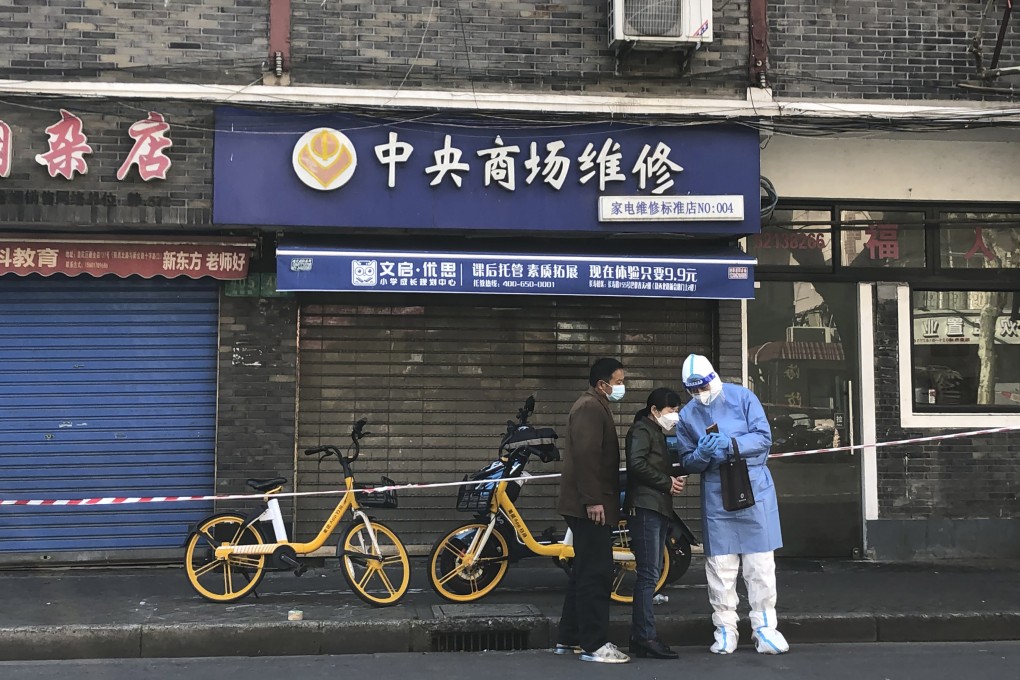China’s local governments, denied lifeline, face catch-22 scenario as businesses lose confidence
- Struggling under the weight of heavy-handed zero-Covid control measures, local cadres are ordered to take lead in boosting economic growth and employment
- Meanwhile, businesses across China are reluctant to expand or hire amid low confidence in local government finances, further compounding economic woes

With their coffers already stretched thin, local-level governments across China now find themselves in the high-pressure position of having to help prop up economic growth and employment, with Beijing sending them a strong signal: you’re on your own.
It’s a tall order at a time of considerable economic uncertainties stemming from China’s adherence to a strict zero-Covid policy that mandates lockdowns, mass testing and quarantines. These measures have had an outsized impact on consumer spending and on the desire and ability of businesses to expand and broaden their investments.
However, Li also seemed to imply that there would not be an additional injection of financial aid from the central government, despite pleas from several local governments desperate for assistance.
“Do everything possible to expand employment. Everyone knows that employment is the top priority for people’s livelihoods, and it is also an important pillar in stabilising the economy. Only with employment comes income that creates wealth,” Li said, according to a transcript of his speech on Wednesday that was verified by officials who attended the meeting.